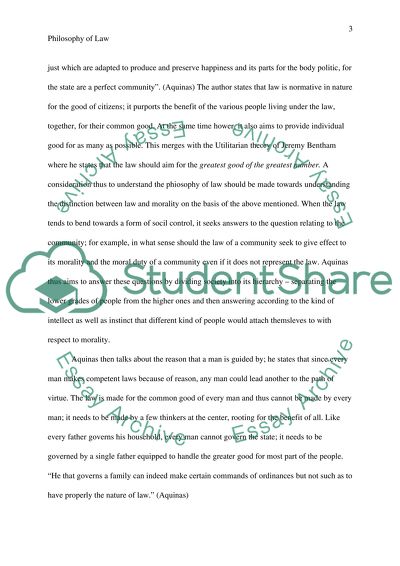Cite this document
(Philosophy of Law Issues Essay Example | Topics and Well Written Essays - 1250 words, n.d.)
Philosophy of Law Issues Essay Example | Topics and Well Written Essays - 1250 words. https://studentshare.org/philosophy/1595380-what-is-the-subject-of-philosophy-of-law
Philosophy of Law Issues Essay Example | Topics and Well Written Essays - 1250 words. https://studentshare.org/philosophy/1595380-what-is-the-subject-of-philosophy-of-law
(Philosophy of Law Issues Essay Example | Topics and Well Written Essays - 1250 Words)
Philosophy of Law Issues Essay Example | Topics and Well Written Essays - 1250 Words. https://studentshare.org/philosophy/1595380-what-is-the-subject-of-philosophy-of-law.
Philosophy of Law Issues Essay Example | Topics and Well Written Essays - 1250 Words. https://studentshare.org/philosophy/1595380-what-is-the-subject-of-philosophy-of-law.
“Philosophy of Law Issues Essay Example | Topics and Well Written Essays - 1250 Words”. https://studentshare.org/philosophy/1595380-what-is-the-subject-of-philosophy-of-law.


